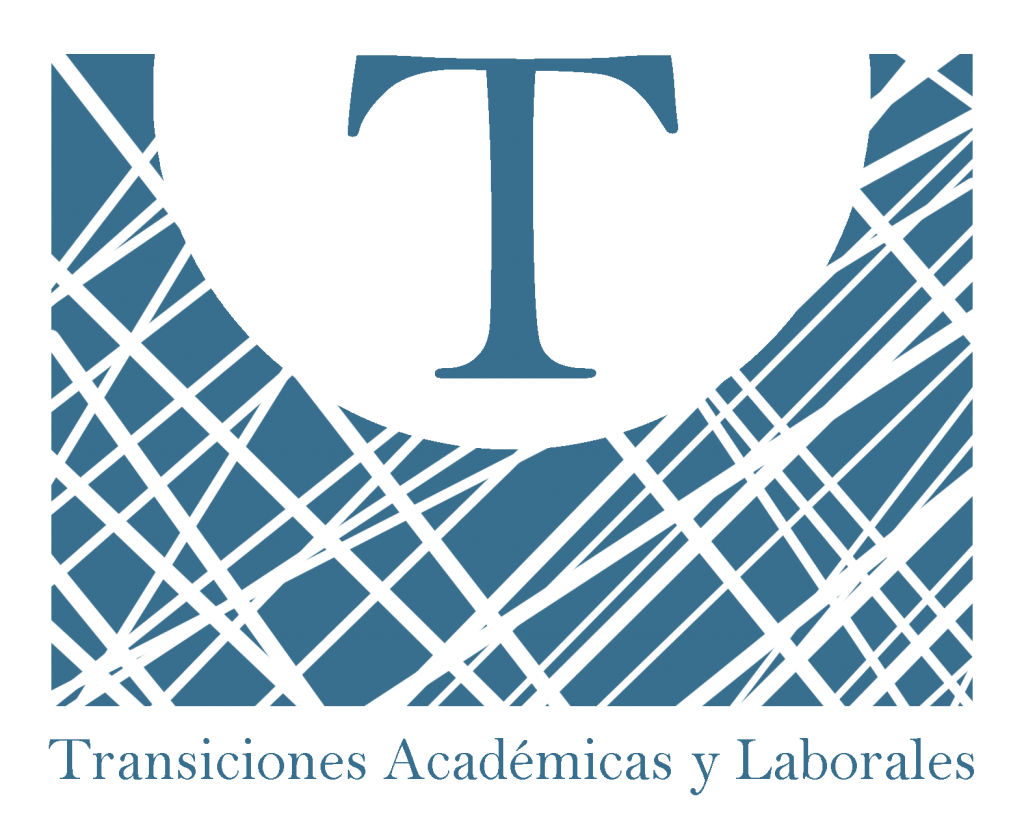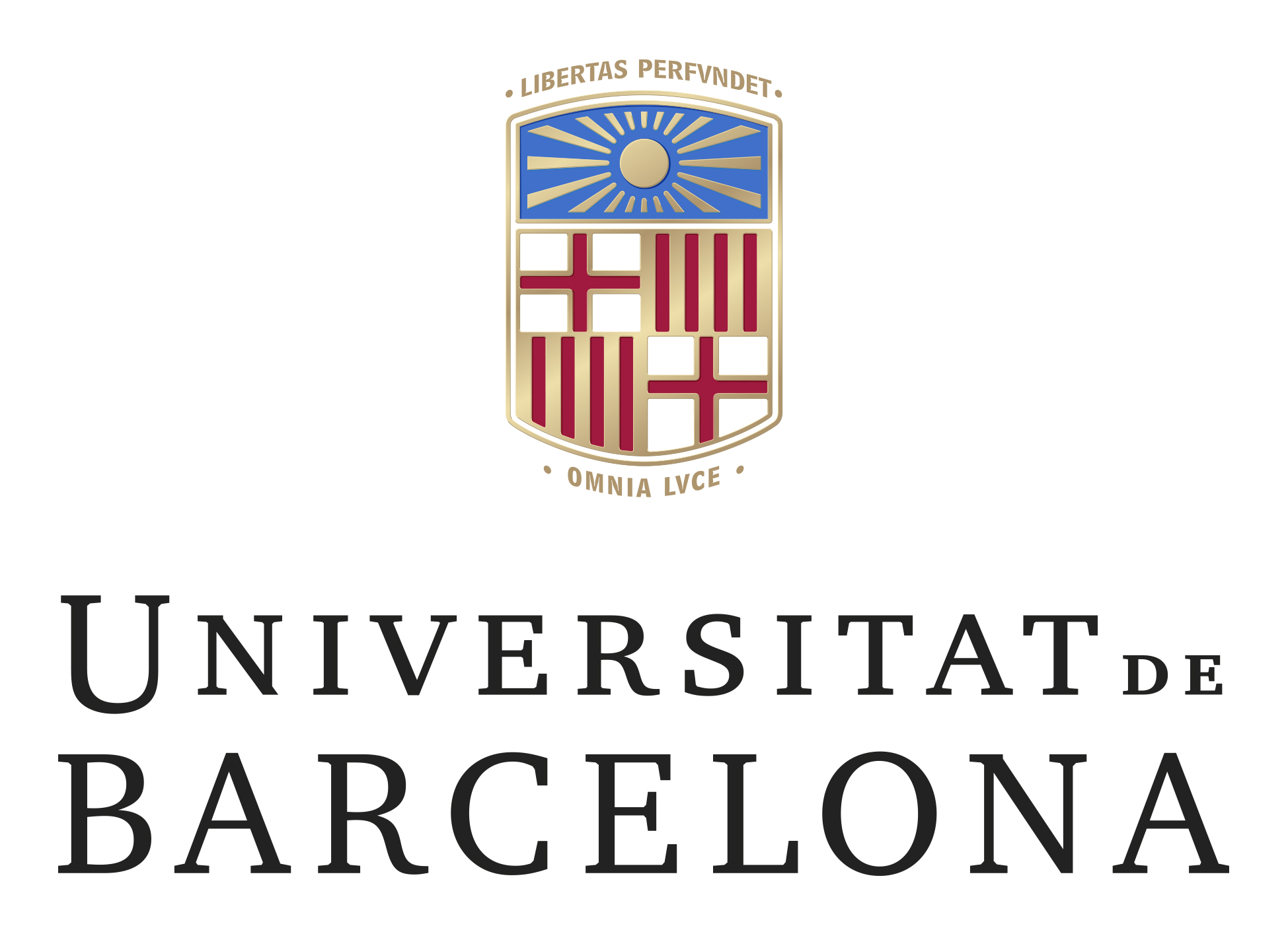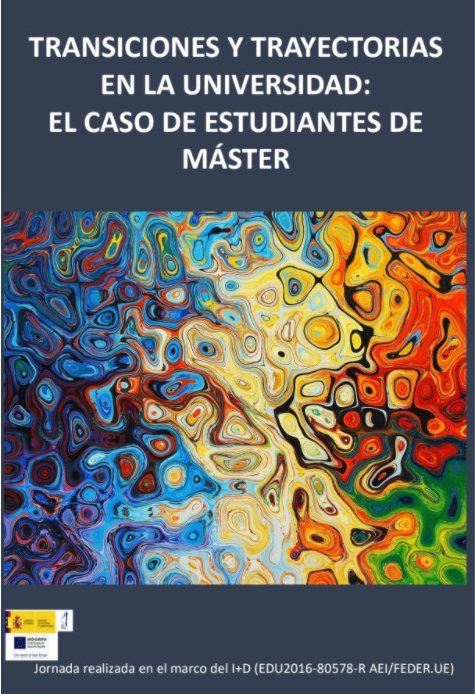Main results objective 4
In the course of the study the initial plan was modified slightly in order to address this fourth objective. The in-depth interview with the coordinators was substituted with an expansion of the content of the Delphi process (Objective 2). In this way, best practices for student counselling were analysed on the basis of the Delphi consensus, carried out among a group of 11 managers of the masters’ degree courses. The purpose of this was to identify the support and counselling actions already in place in their respective courses (at the beginning, mid-course and end stages). The most widespread and significant actions were: (a) at the start of the course, individualised tutorials; (b) for ongoing support, the involvement of teaching staff, individual tutorials with the coordinator, academic tutorials, and tutorial guidance for the final degree project; and (c) in the closing stages, a general assessment meeting to discuss the course and suggest improvements. In line with this fourth objective, a pilot experiment in counselling was performed, aimed at helping students to manage their transitions to their masters’ degrees; this was carried out at the University of Seville at the end of the 2017-18 academic year.
A review of the websites of the participating courses was also performed. Our analysis found that the overall actions taken at each university responded appropriately to undergraduate students’ needs. On master’s degrees, the coordinator was especially important in student transitions, although involvement of this figure was uneven, depending on the type of degree and the numbers and characteristics of students.



